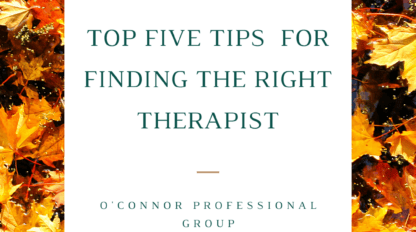Ten Ways to Overcome Loneliness in Early Recovery

Just like the road that led you to addiction, recovery can often be a lonely proposition. Evidence has proven surrounding yourself with a network of supportive people is often essential to your success in early recovery.
Letting go of old support systems of individuals that are still actively addicted is the first step to a healthy recovery but it may come with a cost of loneliness. While the road in early recovery may seem lonely it is also important, ultimately that one learns to spend time alone. Even those who have never experienced or struggled with addiction are forced to learn how to spend time alone. It’s not only healthy but a necessity.
Having surrounded yourself with others with addictions you have learned how to “travel in a pack” and “group think” has become so ingrained in your belief system you may find yourself struggling to regain your own sense of identity. Spending time alone will certainly help you overcome that obstacle. How does one accomplish that? What are some activities you can participate in as a “lone wolf” in order to reconnect yourself?
- Take a long walk and enjoy nature. The elements of fresh air and sunshine often have a very positive impact upon our psyche;
- Go for a bicycle ride;
- Visit a museum or local art gallery;
- See a movie;
- Treat yourself to lunch or dinner;
- Treat yourself to a shopping trip;
- Try volunteering;
- Go for a drive in the country;
- Read a book;
- Join a local gym or take a Yoga or exercise class.
Once you have mastered spending time alone you are then ready to venture out and emerge yourself into group activities. Attending an art class, joining a reading club, or becoming involved in a sports-related team activity are also great ways to meet new individuals, make new friends and develop new social networks.
Above all, know that some anxiety will initially accompany the process of learning how to spend time alone again. It’s a natural transition. Think of those individuals that go through a divorce, lose a loved one or become an “empty-nesting” parent. Like you, these individuals experience loneliness at first, as well. The first step is the most difficult but once made will connect you to the peace and serenity that also goes hand-in-hand with learning how to spend time alone.
Let the Intent Clinical take the guesswork out of putting a treatment plan together. Our combined personal and professional experience empowers us to empower you with a private consultation and customized plan of action for getting the help you need. Call us today for information: 617 910-3940

